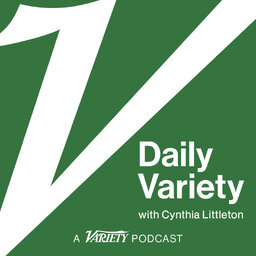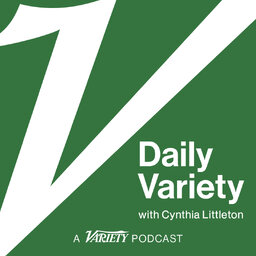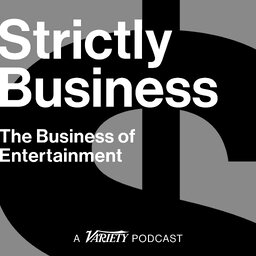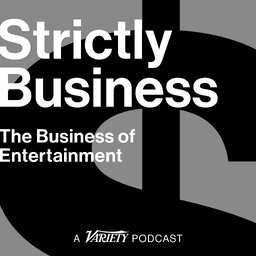Xbox Game Studios Chief Matt Booty on Showcase Success, Game Pass Strategy, More ‘Fallout’ and Studio Closures
Fresh off the Xbox Games Showcase during June’s Summer Game Fest season, Xbox president of gaming content and studios Matt Booty discusses upcoming titles, doubling down on subscription gaming, the surge of interest in “Fallout” and the difficulty of shutting down studios like Tango Gameworks.
In 1 playlist(s)
Variety's Strictly Business
Industry leaders converse about business deals, strategy and the future of media and entertainment o…Social links
Follow podcast
Recent clips

Daily Variety -- Bill Lawrence on the Relaunch of 'Scrubs' and Rise of 'Rooster'
15:20

Daily Variety -- Box Office Monday: 'GOAT' Unmoors 'Wuthering Heights' From No. 1; Revisiting Overlooked Black TV Gems
16:43

Ted Sarandos Fights to Seal Warner Bros. Deal: Netflix Co-CEO on Battling ‘Misinformation,’ the Future of HBO Max and His ‘Blood Oath’ for Theatrical Exhibition
33:18
 Variety's Strictly Business
Variety's Strictly Business